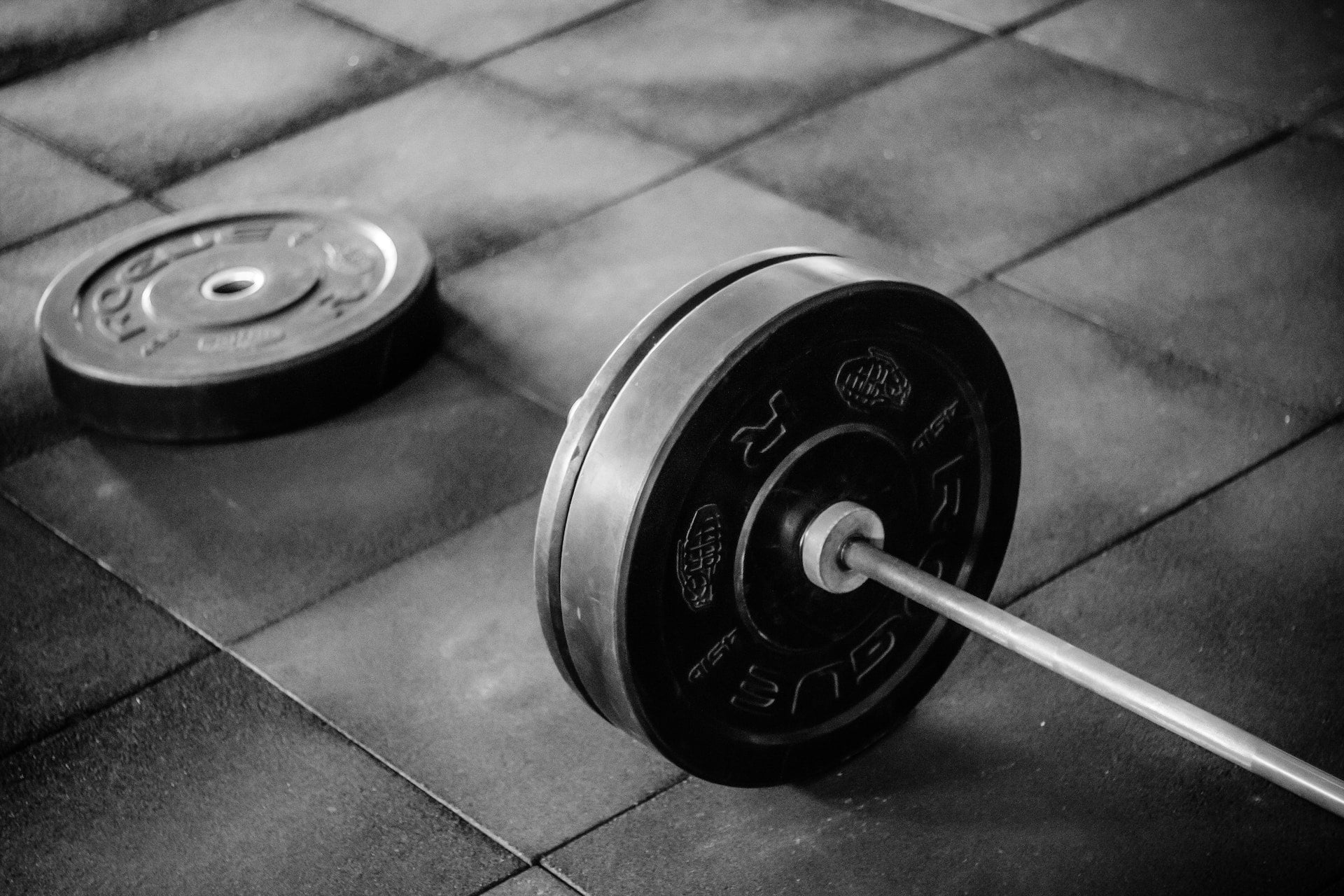
Strength and Power: Weightlifting Workout Plan to Enhance Your BJJ Performance
Strength, power, and overall fitness play a crucial role in your performance on the mats. While regular BJJ training is essential, incorporating a well-rounded weightlifting program can provide significant benefits. In this article, we’ll explore a workout plan specifically designed to support your BJJ journey, enhancing your strength, stability, and overall athleticism.
The Importance of Weightlifting for BJJ
Before we dive into the workout plan, let’s understand why weightlifting is valuable for BJJ practitioners. Weightlifting helps develop overall strength, power, and muscular endurance, which are vital for executing techniques effectively and with control. Additionally, it enhances stability, core strength, and grip strength, all of which are essential in grappling sports like BJJ.
Designing Your Workout Plan
To optimize your BJJ performance, we’ve created a workout plan that focuses on compound lifts, core strength, functional movements, grip strength, and mobility. Let’s explore each component in detail.
Compound Lifts for Full-Body Strength
Start your workout with compound lifts such as squats, deadlifts, bench presses, and overhead presses. These exercises engage multiple muscle groups simultaneously, improving overall strength and stability. Aim for 3 sets of 8-12 reps for each exercise, gradually increasing the weight as you progress.
Building Core Strength
A strong core is essential for BJJ stability and fluid movement. Incorporate exercises like planks, Russian twists, and hanging leg raises into your routine. Perform 3 sets of 10-15 reps or hold each exercise for 30-60 seconds to challenge your core muscles.
Functional Movements for Agility
Include exercises that mimic BJJ movements and enhance agility. Medicine ball slams, kettlebell swings, and Turkish get-ups are excellent choices. Perform 3 sets of 10-15 reps for each exercise, focusing on proper form and explosive movements.
Grip Strength for Superior Control
Developing a strong grip is crucial in BJJ. Incorporate exercises like farmer’s walks, pull-ups, or lat pulldowns into your routine to improve grip strength. Aim for 3 sets of 8-12 reps for these exercises.
Mobility and Flexibility
To optimize your movement on the mats, don’t neglect mobility and flexibility training. Spend time foam rolling to release tension and improve muscle elasticity. Incorporate dynamic stretches before your workouts and static stretches afterward to enhance flexibility.
Rest and Recovery
Allow sufficient time for rest and recovery between workout sessions. Overtraining can hinder your progress and increase the risk of injuries. Listen to your body and adjust your training intensity accordingly.
Sample Workout Plan
- Compound Lifts: Focus on compound exercises that engage multiple muscle groups and improve overall strength and stability.
- Squats: 3 sets of 8-12 reps
- Deadlifts: 3 sets of 8-12 reps
- Bench Press: 3 sets of 8-12 reps
- Overhead Press: 3 sets of 8-12 reps
- Core Strength: Core strength is crucial for BJJ stability and movement.
- Planks: 3 sets of 30-60 seconds
- Russian Twists: 3 sets of 10-15 reps per side
- Hanging Leg Raises: 3 sets of 8-12 reps
- Functional Movements: Incorporate exercises that mimic BJJ movements and improve agility.
- Medicine Ball Slams: 3 sets of 10-15 reps
- Kettlebell Swings: 3 sets of 10-15 reps
- Turkish Get-Ups: 3 sets of 5 reps per side
- Grip Strength: Enhance grip strength, which is essential in BJJ.
- Farmer’s Walk: 3 sets of 30-60 seconds
- Pull-ups or Lat Pulldowns: 3 sets of 8-12 reps
- Mobility and Flexibility: Include exercises to improve mobility and flexibility for better movement on the mats.
- Foam Rolling: Spend 10-15 minutes targeting different muscle groups.
- Dynamic Stretches: Perform dynamic stretches before workouts and static stretches after workouts.
- Rest and Recovery: Allow ample time for rest and recovery between workout sessions to prevent overtraining and promote muscle growth and repair.
Start with weights appropriate for your current fitness level and gradually increase the weight as you progress. Proper form and technique are crucial to avoid injuries, so consider working with a qualified trainer to ensure you’re performing exercises correctly.
(Note: The workout plan provided is a general guideline and may need to be adjusted based on individual capabilities and goals.)
Incorporating a well-rounded weightlifting program into your BJJ training routine can significantly enhance your performance on the mats. By focusing on compound lifts, core strength, functional movements, grip strength, and mobility, you’ll develop the strength, power, and agility necessary for success in BJJ. Remember, consistency, proper form, and adequate rest are key to maximizing your results. Train hard, stay dedicated, and watch your BJJ skills soar!
